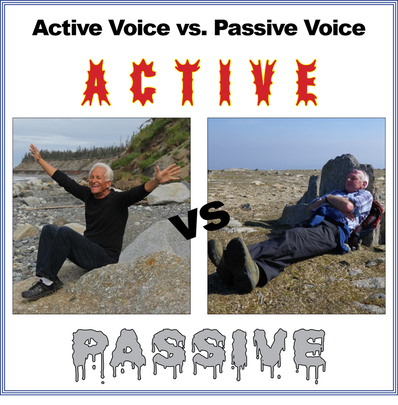
While typically used in journalistic parlance, the lede is your opening sentence and tells the reader what the subject is; if the lede was a part of your house, consider it your front door.
(Lede, which is both pronounced and means the same as lead, is intentionally misspelled, and explained at the end of this piece.)
An article on the Modern Language Association (MLA) website by Erika Suffern encapsulates the importance pretty succinctly: “A writer ‘buries the lede’ when the newsworthy part of a story fails to appear at the beginning, where it’s expected.” Say, for instance, that two people die in a house fire. The lede gets buried if the reporting mentions the location, time, or cause of the fire before the deaths.
This maxim is not the sole provenance of journalism. For example, circling back to the housing reference, if you are a real estate agent selling a house, what would be the most critical fact buyers need to know in your write-up?







